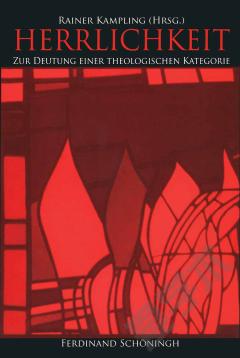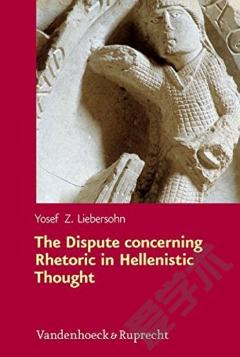Rethinking "Gnosticism" —— An Argument for Dismantling a Dubious Category
----- 重新思考“诺斯替教”:关于消除可疑类别的争论
Most anyone interested in such topics as creation mythology, Jungian theory, or the idea of "secret teaching" in ancient Judaism and Christianity has found "gnosticism" compelling. Yet the term "gnosticism", which often connotes a single rebellious movement against the prevailing religions of late antiquity, gives the false impression of a monolithic religious phenomenon. Here Michael Williams challenges the validity of the widely invoked category of ancient "gnosticism" and the ways it has been described. Presenting such famous writings and movements as the "Apocryphon of John" and Valentinian Christianity, William uncovers the similarities and differences among some major traditions widely categorized as gnostic. He provides an eloquent, systematic argument for a more accurate way to discuss these interpretive approaches. The modern construct "gnosticism" is not justified by any ancient self definition, and many of the most commonly cited religious features that supposedly define gnosticism phenomenologically turn out to be questionable. Exploring the sample sets of "gnostic" teachings, William refutes generalizations concerning asceticism and libertinism, attitudes towards the body and the created world, and alleged features of protest, parasitism; and elitism. He sketches a fresh model for understanding ancient innovations on more "mainstream" Judaism and Christianity, a model that is informed by modern research on dynamics in new religious movements and is freed from the false stereotypes from which the category "gnosticism" has been constructed.
{{comment.content}}








 京公网安备 11010802027623号
京公网安备 11010802027623号